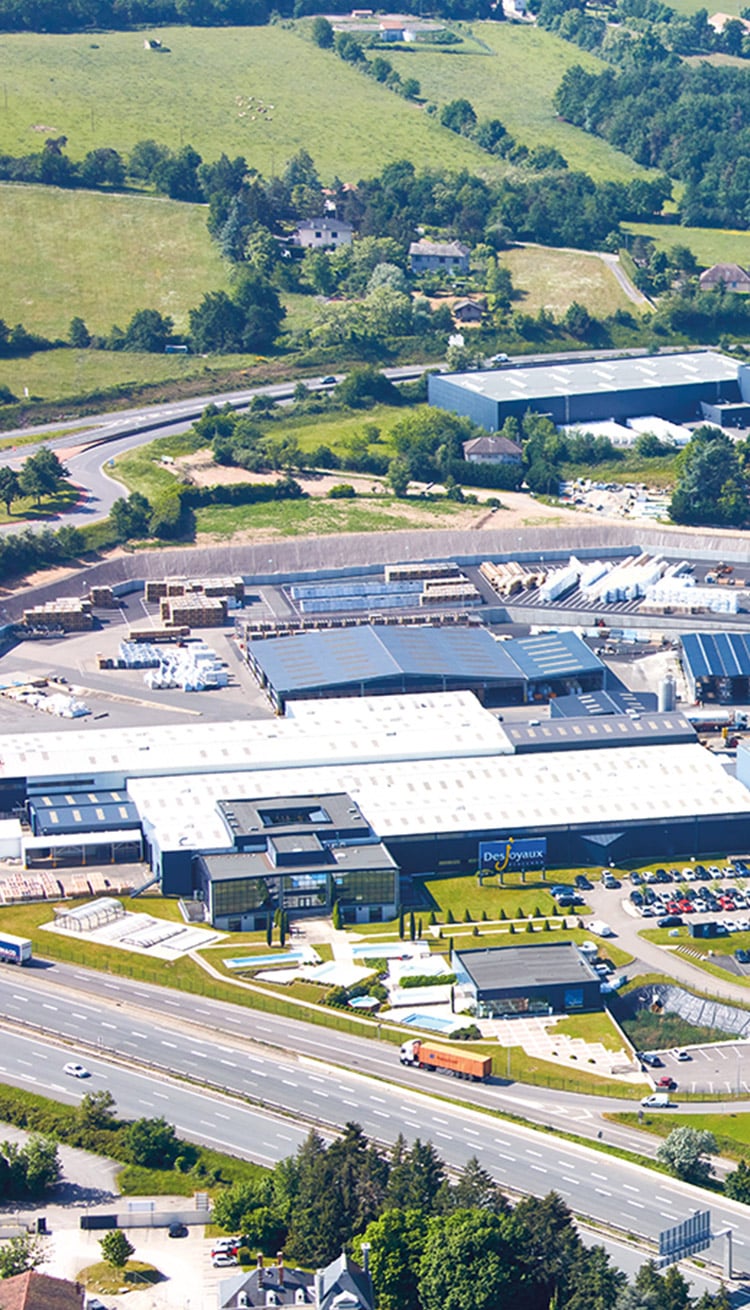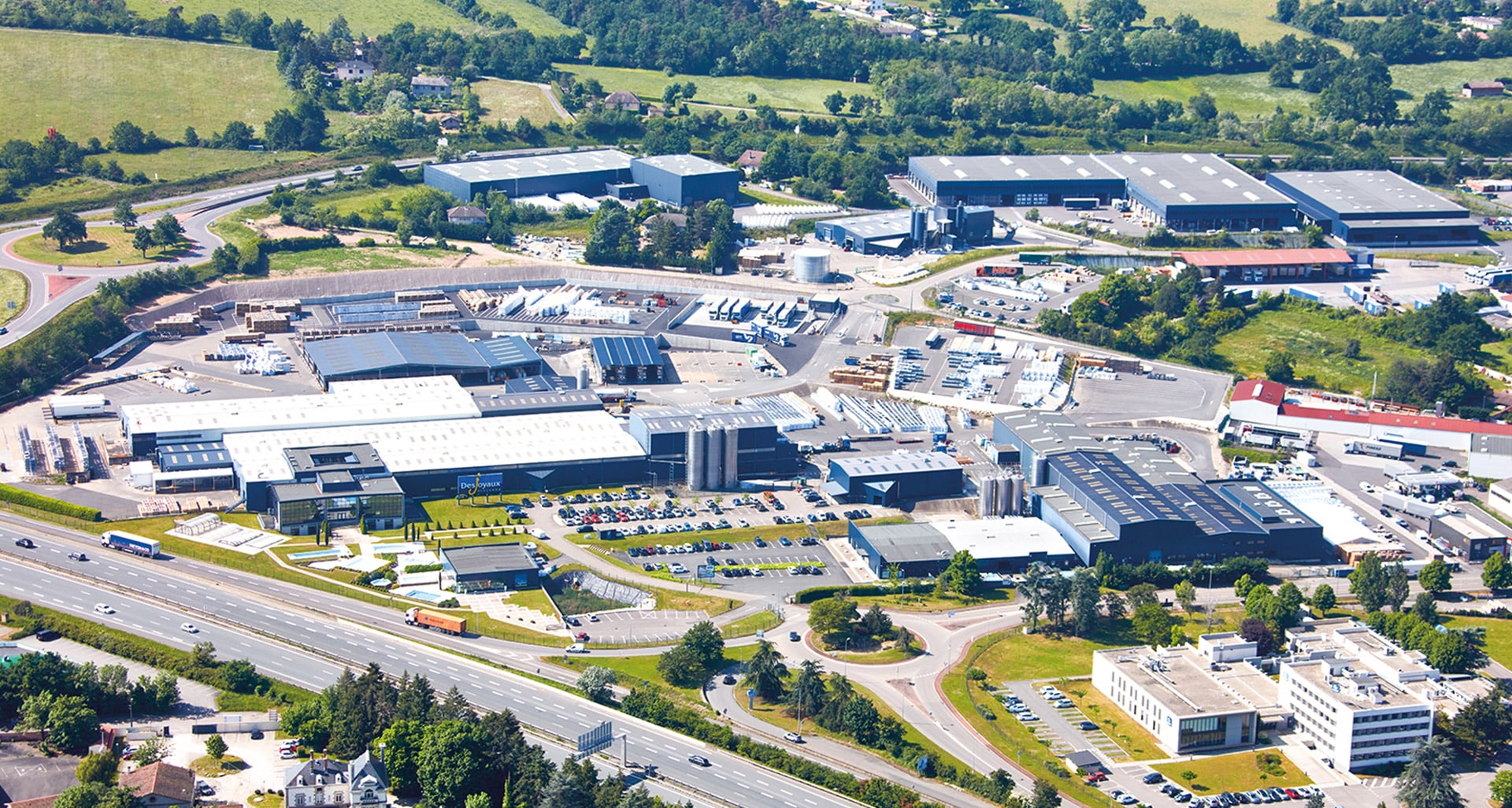

At a time when the environment has become a reality to be taken into account in everyone’s daily life, eco-responsible initiatives are multiplying in all sectors of activity, including the swimming pool industry.
It’s worth noting, however, that some brands have not waited for the ecological crisis to improve their energy efficiency.
Desjoyaux : une marque engagée pour l’environnement
The dual concept
From the outset, Piscines Desjoyaux has worked with plastics to produce its pools. The company remains the first in-ground pool manufacturer to offer a 100% recycled pool structure. Structural panels and other pool components are injected with recycled polypropylene. Supplied by a recycling network, the materials are then extruded on the industrial site and integrated directly into production.
In 1983, the brand launched the ductless filtration unit, directly inspired by outboard motors, thus avoiding the need to bury pipes and create a technical room. This revolutionary system, available in several models, reduces pressure loss and keeps electricity consumption under control.
A further advantage of this filtration unit is that the filter media is washed with less water than a sand filter backwash. The water used to clean the filter media can be recovered and reused for watering plants, for example.
A French production
The Desjoyaux site is located in France at La Fouillouse, in the Loire department. The company’s CEO, Jean Louis Desjoyaux, has always been committed to local production. As a result, pool structures, filtration units, pool stairs and many other parts (pipes, skimmers, retaining blocks, etc.) are manufactured in La Fouillouse. The plant has 24 injection molding machines with clamping forces ranging from 50 tons to 6,000 tons, depending on the parts injected.
The Desjoyaux group thus remains true to its initial commitment: to offer its customers the quality guarantee of French production and to respect the environment by using recycled raw materials.
Desjoyaux : les projets de demain
Always striving to improve its sustainable development strategy, the Group continues to invest to integrate a plastic waste sorting center into its production unit in the medium term.
The aim is to separate the polyethylene from the polypropylene, so that the polypropylene can be returned to the production process. Between 5,000 and 6,000 tonnes will be sorted using an automated optical sorting system, then ground, cleaned with industrial water, dried and extruded for reuse in swimming pools.
At the same time, the group is actively working on setting up a workshop for calendering liners and manufacturing motors for filtration pumps. These projects will help to drastically reduce the company’s carbon footprint.
Finally, as part of our drive to reduce energy consumption, the future installation of photovoltaic panels across the entire industrial site will reduce gas and electricity consumption.

